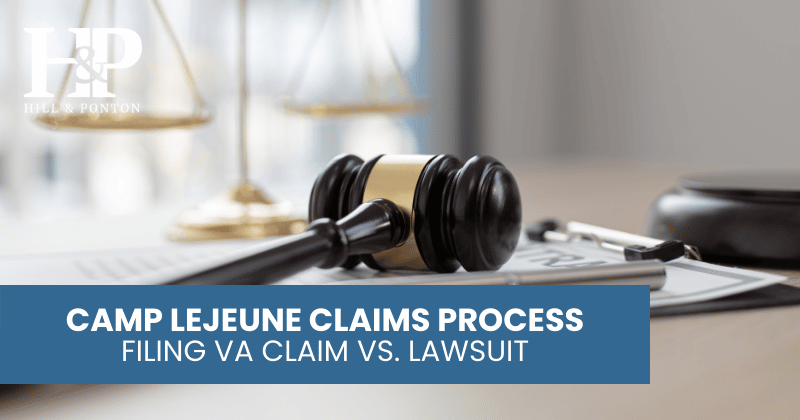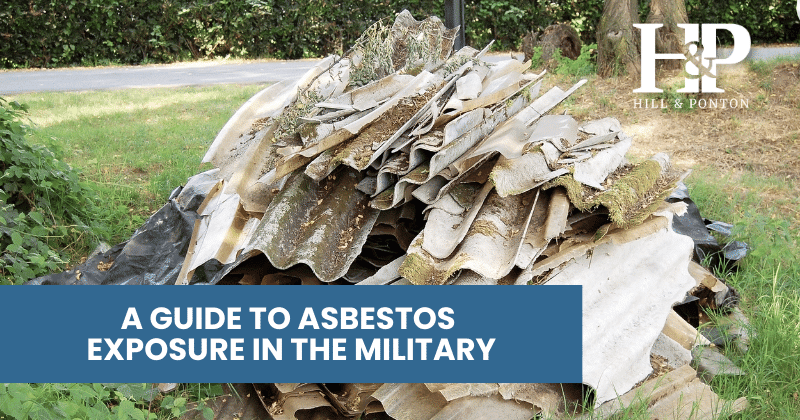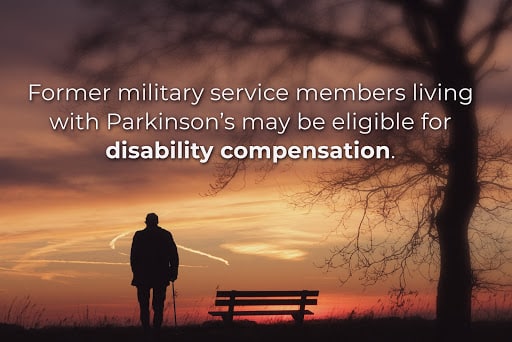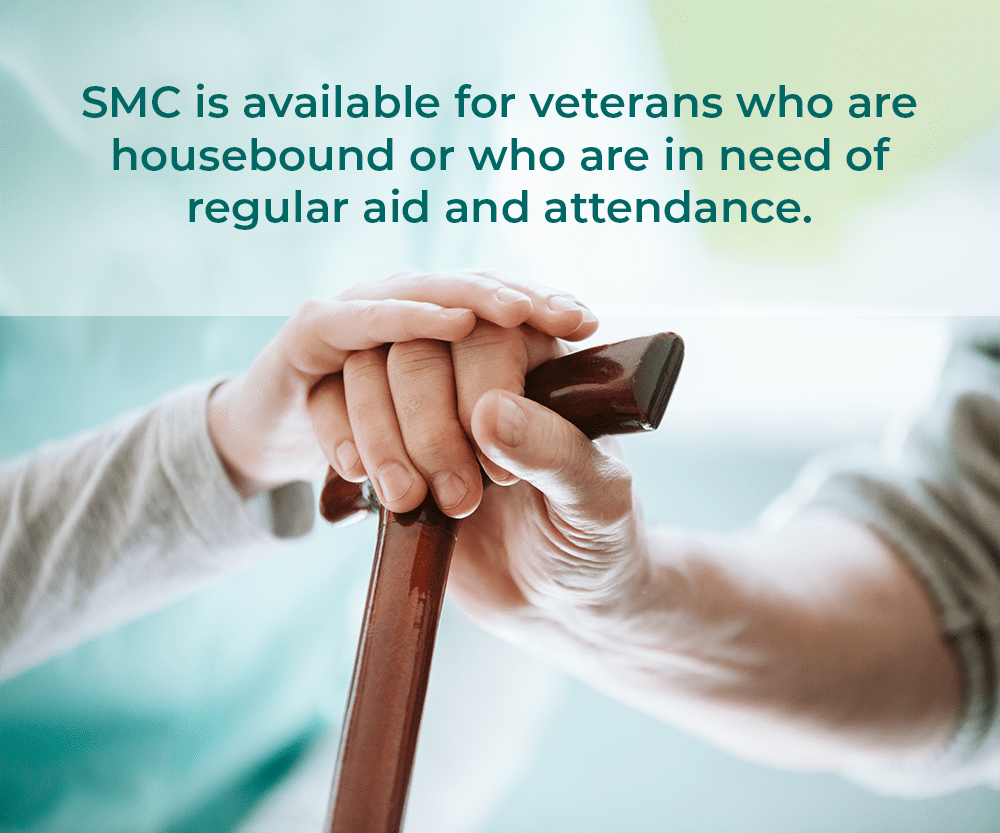Camp Lejeune is a U.S. Marine Corps base located in Jacksonville, North Carolina. In the 1980s, the U.S. Marine Corps learned that residents on this base, including military, their families, and civilian contractors, were exposed to toxic chemicals in the base’s water supply.
Since then, news has been circulating about help for Veterans and their families to file for claims for financial compensation. In August of 2022, the Honoring our PACT Act was passed into law, a bill that addressed the impact on Veterans and others who were exposed to environmental toxins, burn pits, radiation and Agent Orange due to their time in service.
In addition, this bill also included the Camp Lejeune Justice Act. While the VA benefits that are available through the claims process are useful for Veterans, the family members that were impacted as well as civilians exposed, did not receive any sort of compensation.
An individual, including a veteran (as defined in section 101 of title 38, United States Code), or the legal representative of such an individual, who resided, worked, or was otherwise exposed (including in utero exposure) for not less than 30 days during the period beginning on August 1, 1953, and ending on December 31, 1987, to water at Camp Lejeune, North Carolina, that was supplied by, or on behalf of, the United States may bring an action in the United States District Court for the Eastern District of North Carolina to obtain appropriate relief for harm that was caused by exposure to the water at Camp Lejeune.
Section 804 – Federal Cause of Action Relating to Water at Camp Lejeune, North Carolina
The Camp Lejeune Justice Act:
- Allows any individual (including Veterans, families and civilians) that was at Camp Lejeune between August 1, 1953, and December 31, 1987 and exposed to contaminated water for at least 30 days (does not have to be consecutive) to sue and recover damages.
- Prohibits the US government from asserting specific immunity from litigation in response to such a lawsuit.
It’s important to understand both of these processes, and why it may be beneficial for you as a Veteran, and for your family, to pursue both options.
Steps for Filing Your Camp Lejeune VA Benefits Claim
The VA has agreed to pay out disability benefits to Veterans harmed by the Camp Lejeune water contamination incident. These benefits do not apply for family members.
There are several steps in filing a claim.
Prove you were at Camp Lejeune.
In order to receive benefits, you must prove that you lived, worked or were present at Camp Lejeune for 30 days, between August 1, 1953, and December 31, 1987. You will be required to verify this with evidence (i.e. work documentation, military records, affidavit, etc.)
Show documentation of illness.
You or family members must have medical records on file, stating that you developed one of the presumptive illnesses caused by the contaminated water at Camp Lejeune.
File a VA Claim.
You must file a disability claim with Veterans Affairs (VA) by either:
- Filing online at VA.gov
- Asking for assistance from a Veterans Service Officer
- Go to a VA Regional Office for assistance
Wait for the VA’s decision.
The average number of days for the VA to complete a claim in July of 2022 was 120 days (this was prior to the PACT Act being signed into law). This is an excellent time to start researching lawyers that are accepting Camp Lejeune cases, just in case your claim is denied.
Filing a Lawsuit Against the US Government via the Camp Lejeune Justice Act
It is important to remember that only Veterans receive the benefits of filing a claim with Veterans Affairs. There is no compensation for family members or civilians that were impacted by the Camp Lejeune water contamination, until August of 2022.
However, through the Camp Lejeune Justice Act, anyone can file a lawsuit against the US Government to seek compensation.
The CBO estimate for Camp Lejeune settlement payouts through 2031 is $6.7 Billion. The CBO also estimates that payments could increase direct spending by about $15 billion after 2031.
Even if you are a Veteran already receiving compensation through the VA due to your exposure to toxic water at Camp Lejeune, you can still file a lawsuit under the Camp Lejeune Justice Act. However, it is important to note that this could impact the benefits you are already receiving. It is important to weigh the pros and cons of filing a lawsuit.
What is the right solution for you? Consider both paths.
Veterans should file a claim through the VA to receive benefits. However, they and their families and other civilians that were impacted by the toxic waters at Camp Lejeune, should also consider the option of filing a lawsuit. If you are a Veteran, choosing both of these paths might be beneficial.
For instance, if you received a low disability rating, you likely aren’t obtaining a large monthly benefit. This lawsuit could potentially earn those who file a substantial lump sum as a result. Additionally, since Veteran family members do not receive VA benefits from the Camp Lejeune water contamination, filing a lawsuit could be beneficial for these individuals as well.
Awards for damages from filing a lawsuit could be considered for:
- Medical care
- Lost wages
- Pain and suffering
- Declining enjoyment of life and earning capacity
However, Veterans should keep under consideration that they could potentially be impacting the benefits they are already receiving. Therefore, it is important to weigh all available options. Choosing to speak with an attorney about your Camp Lejeune claim might be a good solution to get a second opinion on what avenue you should pursue.
How can Hill & Ponton Help You?
Hill & Ponton has decades of experience helping military veterans and their families with Veteran disability law cases. We know Veterans and understand the medical evidence needed to fight for VA appeals. If you believe you and/or your family were impacted by the Camp Lejeune water contamination, regardless if you are a Veteran or a civilian employee, you can read more information to find out if you are eligible for VA Benefits, filing a lawsuit, or both.




